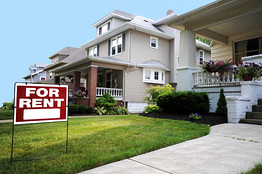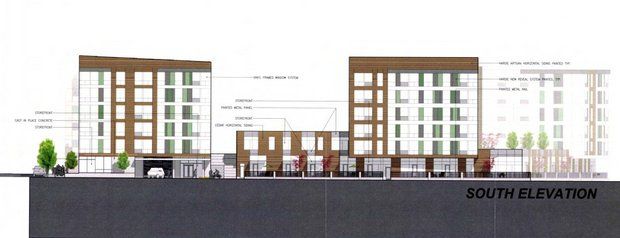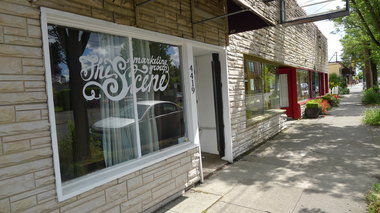By AnnaMaria Andriotis
In theory, plummeting home prices and record-low interest rates should make buying a home cheaper than renting one. But experts say in some parts of the country, it still pays to be a tenant.
Despite the incentives to buy now — namely that average rates on a 30-year mortgages are now 3.7% — sales of single-family existing homes slipped 1.5% in May from a month earlier, according to data released today by the National Association of Realtors. Experts say the drop, which came during the historically busy spring season, suggests the housing market has a way to go to recover. If anything, the ranks of American homeowners are dwindling. The homeownership rate in the U.S. fell slightly from 66% to 65% during the first quarter of 2012 — the lowest in 15 years, according to the latest data by the U.S. Census. (It peaked at just over 69% in 2004.)

- XuRa / Shutterstock.com
Renters, meanwhile, have more inventory to choose from as owners who are unable to sell their homes often have no choice but to find tenants, says Dan McCue, research manager at Harvard University’s Joint Center for Housing Studies. The number of single-family homes for rent or being rented grew by two million units from 2006 to 2010, according to a JCHS report released this month, and McCue says the number has likely grown since then. “One third of all rentals are single-family homes,” he says.
On the national level, it is cheaper to buy than rent, according to a March 2012 report by Deutsche Bank – even after taking into account the down payment and property taxes. But in some areas, including California and the Northeast, renting remains more affordable than buying. The report identified 13 cities where renting costs less than the after-tax mortgage payment (that’s the mortgage expenses the owner incurs, along with the mortgage interest deduction they get come tax season).
To be sure, as rents continue to rise, the savings associated with renting could be wiped away: Asking rents are up 2% year over year nationally, and they’re expected to rise 4% this year, according to Reis, which tracks rental-performance data.
Still, experts say the growing market for single-family home rentals is benefiting both landlords and renters. For landlords, renting could be a way to generate income or to cover the expenses of a property that would otherwise be vacant, says Leonard Baron, principal at LPB Services, a real estate consulting firm in San Diego, Calif.
For renters in markets where sale prices remain high, single-family homes offer access to communities with top-ranked school districts, spacious homes, backyards, and private golf courses. The costs of being a renter are often $500 to $1,000 less per month than purchasing. Renters also have the benefit of mobility: they don’t have to wait to sell the home to leave and they’re not impacted if its value drops, says Brad Hunter, chief economist at Metrostudy, a housing market research and consulting company.
Here are five markets where housing experts say renting may be more affordable than owning.




